Home safety is a concern for anyone, whether a homeowner, a lessee, or a renter. While there are many considerations to consider, there are far more for the elderly to consider.
Seniors are at an age where things once overlooked need to be considered: 55% of senior fall injuries occur within their home, and the total medical cost of these injuries was $50 billion in just 2015. This doesn’t even consider the effects that home invasions and burglary can have on seniors.
So, how do seniors remain safe within their own homes? While there are things they can be taught to protect themselves, they can also receive help from other family members. In particular, the implementation of in-home tools and senior safety devices can maintain safety indoors.
Here are six safety tips that can help protect the seniors in your life against everyday dangers.
1. Remove and limit potential fall hazards
One of the simplest ways to protect seniors is to limit the number of fall hazards within their homes. So what will these look like? These are items that can cause them to trip, lose their balance, become disoriented, and fall.
Such items that should be cleaned up or removed include:
- Throw rugs that are not secured against the floor with rubberized backing.
- Clutter that has been allowed to pile up within the home, particularly near corners and stairs.
- The old furniture is unstable and falling apart as it could lead to a senior falling to the floor.
- Extension cords and electronic cables are left out on the floor.
- Living in a tight, restricted living area with little open floor space.
Limiting all of these issues will prevent risks within a senior’s home, helping to protect them against potential falls and worse.

2. Have emergency numbers nearby
Falls will still happen within the home, just the same as medical emergencies can occur in the blink of an eye, even when no one else is around to help. A surefire way to keep seniors safe is to keep emergency numbers handy around their homes. These numbers should be near phones and printed in large print, so they can easily read and punch in for a call.
Numbers that should be listed include:
- Family members and friends who live nearby.
- Any caretakers, mainly if they are part of a senior care facility.
- Their primary care physician.
- 911.
- Poison control.
3. Prevent accidents in stairwells
Stairwells can be a tricky place for seniors, as walking up and down them can lead to losing their balance, missing a step, and potentially falling. Ways to prevent this include improving lighting in stairwells, having sturdy handrails lining the stairs, placing secured rugs at the bottom and top of the stairs, and placing non-slip mats on every step.
Furthermore, make sure that the stairs are in good condition. Look to make sure that each step is level, that all floorboards are stable, and that railings are properly secured. Anything out of order will require immediate maintenance to ensure that no falls or injuries are allowed to take place.
4. Improve bathroom safety
Bathrooms can be the riskiest part of a senior’s home, where severe falls and scalding from hot water can occur. So, how is this prevented? It requires consideration on the part of children, caretakers, and maintenance workers, too. The following will help to protect them against potential dangers:
- Rubber mats should be placed inside of the bathtub to prevent slipping.
- A drying mat should be secured to the ground and placed next to the shower so feet can be properly dried.
- A removable, hand-held showerhead that makes for more accessible self-cleaning should be installed.
- Have maintenance set the thermostat so hot water can go no higher than 120° F to prevent burning.
- Place handlebars within the shower to make getting in and out easier.
- Replace the toilet seat with one that is wider and more stable/secure.

5. Limit fire dangers and more
Fires are a common danger to seniors, as careless smoking, faulty heating equipment, and cooking accidents are the common causes of fires in elderly residences. To limit potential fire hazards and other related dangers, the following should be considered within senior homes:
- Regularly check appliances to ensure they are maintained and cleaned.
- Check appliances for damaged electrical cords and internal components.
- Limit the number of significant appliances plugged into one outlet or extension device.
- Keep a smoke detector installed in each main room of the home.
- Do not allow candles to be left burning unattended.
- Do not allow smoking indoors.
- Make sure heating devices are kept away from bedding, curtains, and furniture.
- Make sure heating devices are turned off whenever no one is in the same room as them, including toaster ovens and irons, as well as portable heaters.
- Tell seniors to avoid cooking with loose clothing or long sleeves, as they could come in contact with a hot pan or burner.
Moreover, a carbon monoxide detector should be installed within the home, as this undetected gas is hazardous.
6. Take personal safety into account
Along with protecting a senior resident against potential hazards within the home, outdoor dangers also need to be considered. These include abusive caretakers, home intruders, and burglars. Make the senior aware of potential hazards and deter such activity by:
- Installing a peephole in their front door.
- Telling them not to open their door to strangers.
- Accepting mail only by a mailbox or by a mail slot installed into their front door.
- Regularly checking in with them to see how they are doing and to determine if there has been any strange behavior as of late.
- Regularly reminding them not to complete transactions over the phone that they were not expecting, as they are likely scams targeted at the elderly.
Better yet, you should keep an eye out to watch for such incidents, so you can capture them in case anything happens. The installation of in-home hidden cameras is an easy way to address this. Adult, children, and reliable friends can access this footage to keep an eye on the senior, capturing footage of any abuse that might occur or regularly checking in to see if they are physically okay and are not hindered in any way.
Keeping senior safety devices within the home is just one other way to guarantee they have a form of protection against any abuse or break-in. These devices can be deployed to ward off an aggressor or to protect them in the event of any dangerous issues, ensuring they remain safe when you’re not around.
Now Is the Best Time to Prevent Accidents
While you can’t keep an eye on your senior relatives and friends all of the time, you can put in the time to make sure they’re as safe as they can be. Please don’t wait any longer to check in on them. An accident could be just around the corner.


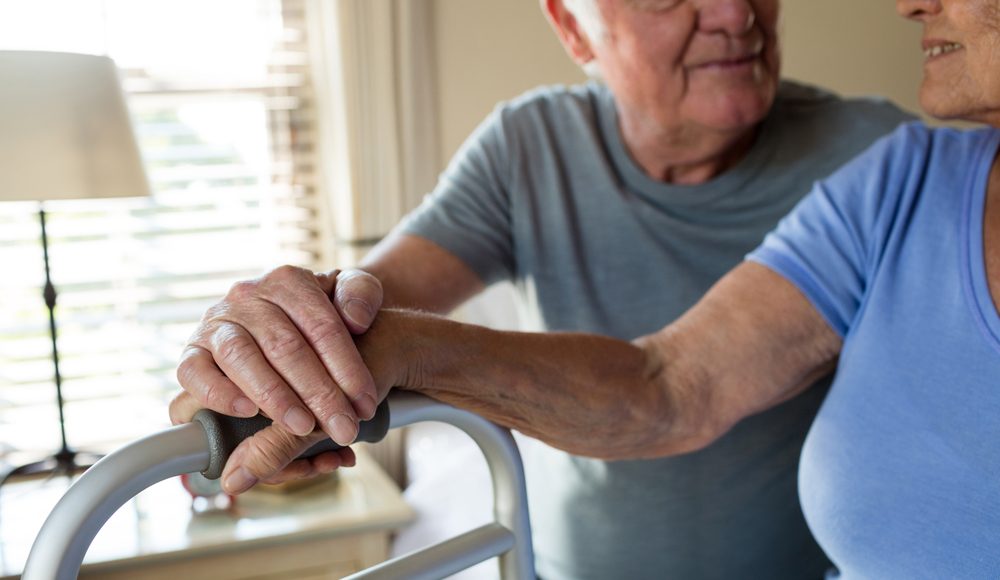
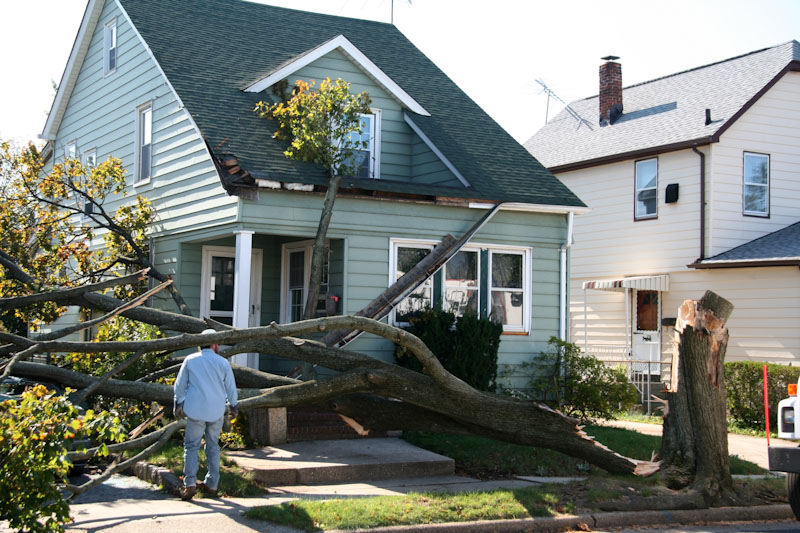
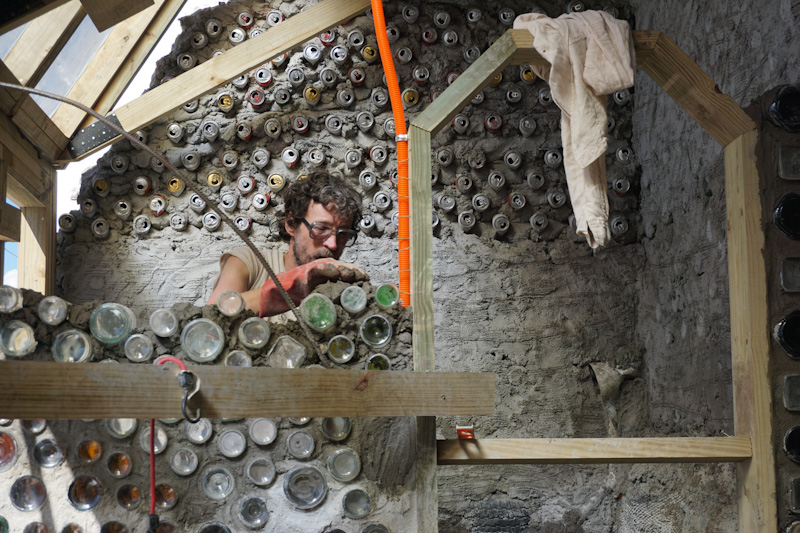
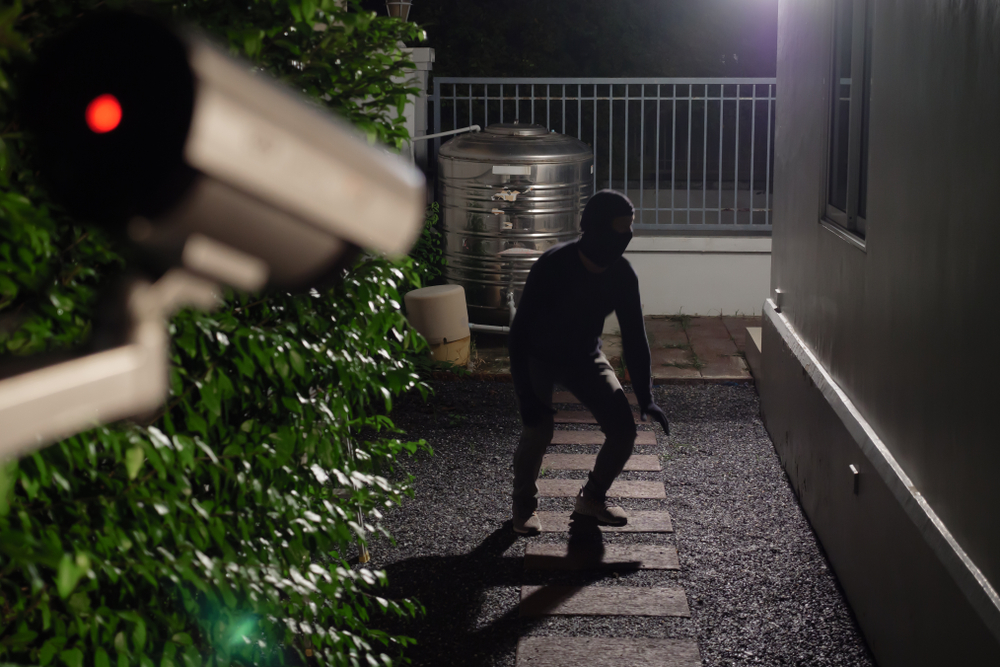
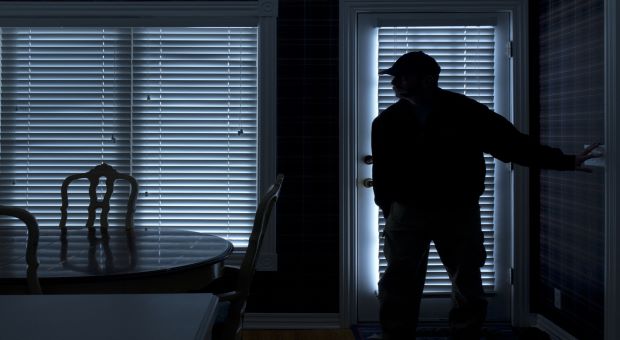

Lisa | May 16, 2021
|
Yes, watch the clutter.
Years ago, slid on a pile of papers, Broke a knuckle on my writing hand. Disabled for 6+ weeks.
Last year, tripped on an electronic cord. 2+” tear in my non dominant upper arm.
Disabled for almost two months then discomfort for a year+.
I’m in a paper industry, all piles are on counters. Electronics are better stored.
If you like living in your own place and NOT be beholden on others, take heed.
CLEBER VINICIUS RIBEIRO HOMEM | May 16, 2021
|
The vast majority of falls in the elderly are due to osteoporosis that causes the breaking of bones, particularly the head of the femur. People mistake a broken bone that causes the fall for a fall that breaks the bone!
Judge Holden | May 16, 2021
|
Cheap, simple, push to talk walkie talkies.
Rudolf R. Blaser | July 21, 2023
|
A SEVENTH safety tip should however not be neglected HERE: VITAMIN D3 TABLETS! Here in Switzerland, our seniors are given daily vitamin D3 tablets (per tablet 12.5 µg ≙ 250% NRV) in retirement homes. Vitamin D3 is not only a vitamin, but also a HORMON, similar to insulin and cortisone, and contributes to the normal absorption and utilization of calcium to maintain normal bones, so that seniors do NOT break bones in the event of a fall! Vitamin D3 is also important for the normal functioning of our immune system. In this context, it was also found out that even centenarian seniors survived the covid 19 flu without vaccination, provided they had taken vitamin D3 regularly and they died without paying billions to our Bill Gates, because a hundred vitamin D3 tablets for 100 days cost less than $5 here and giving perfect protection without any dangerous and satanic Pfizer vaccinations!